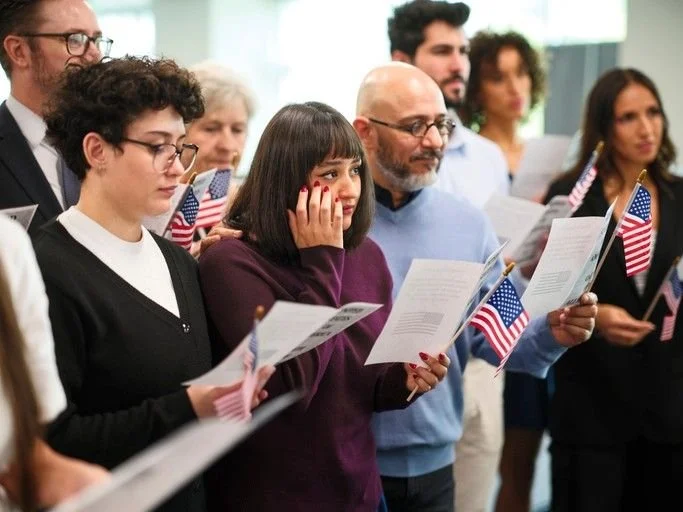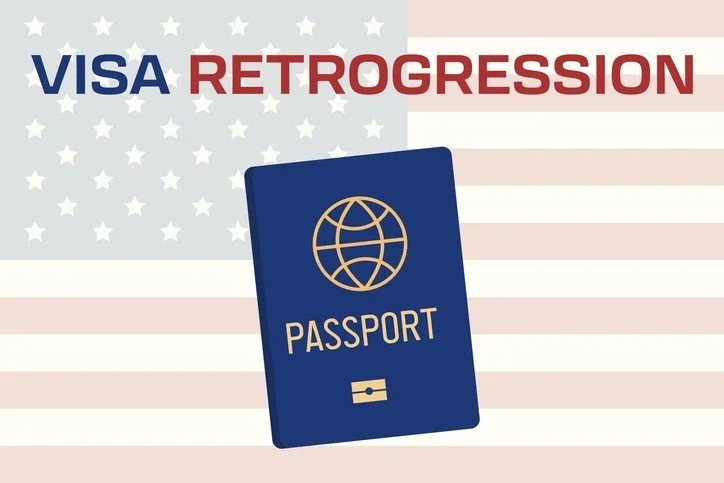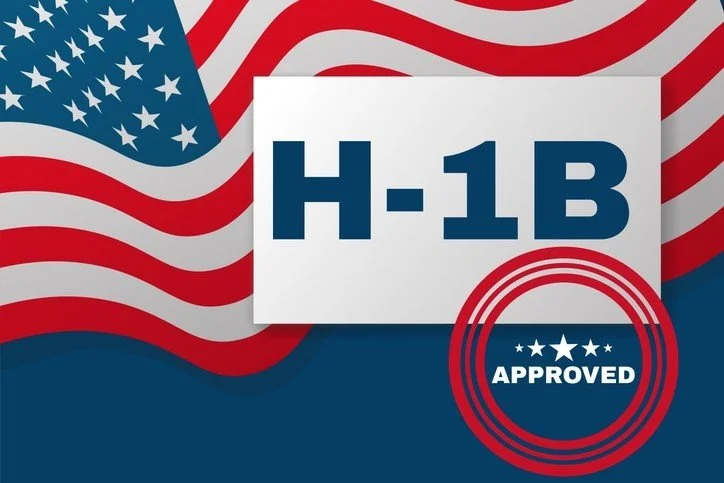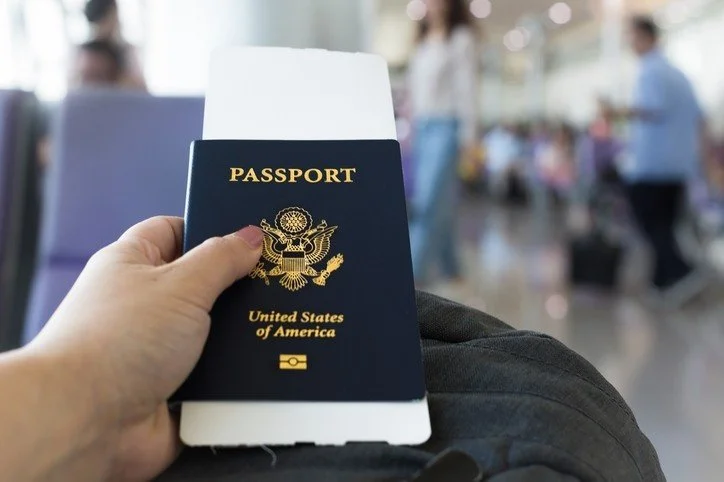Blog
Pitfalls When Sponsoring a Parent for a Green Card, Updated
Are you looking to sponsor a parent for a green card? The process can be trickier than you think.

New Green Card Public Charge Rule: Are You Prepared?
A new government regulation that will affect green card applicants is scheduled to go into effect on October 15th. Here is what you need to know.
Under immigration law, in general someone who is deemed likely to become a "public charge" is barred from receiving a green card.
Can you apply for a green card next month? Check the March Visa Bulletin!
Have you been “waiting in line” for a green card to become available in your preference category? You can now check the U.S. Department of State Visa Bulletin for March 2019 to see if your priority date will be current next month.
Why you need a lawyer for your marriage-based green card case
One question we are frequently asked during our initial legal evaluations for cases involving “green cards” through marriage is: Why do I need a lawyer? For many reasons, a lawyer is necessary for the green card process.
TPS to end for Honduras
On May 4, 2018, the U.S. Department of Homeland Security (DHS) announced that it would be terminating the TPS designation for Honduras. The approximately 90,000 Honduran citizens who are currently present in the U.S. in TPS have until January 5, 2020 to either depart or to find another way to remain here lawfully under our immigration laws.










